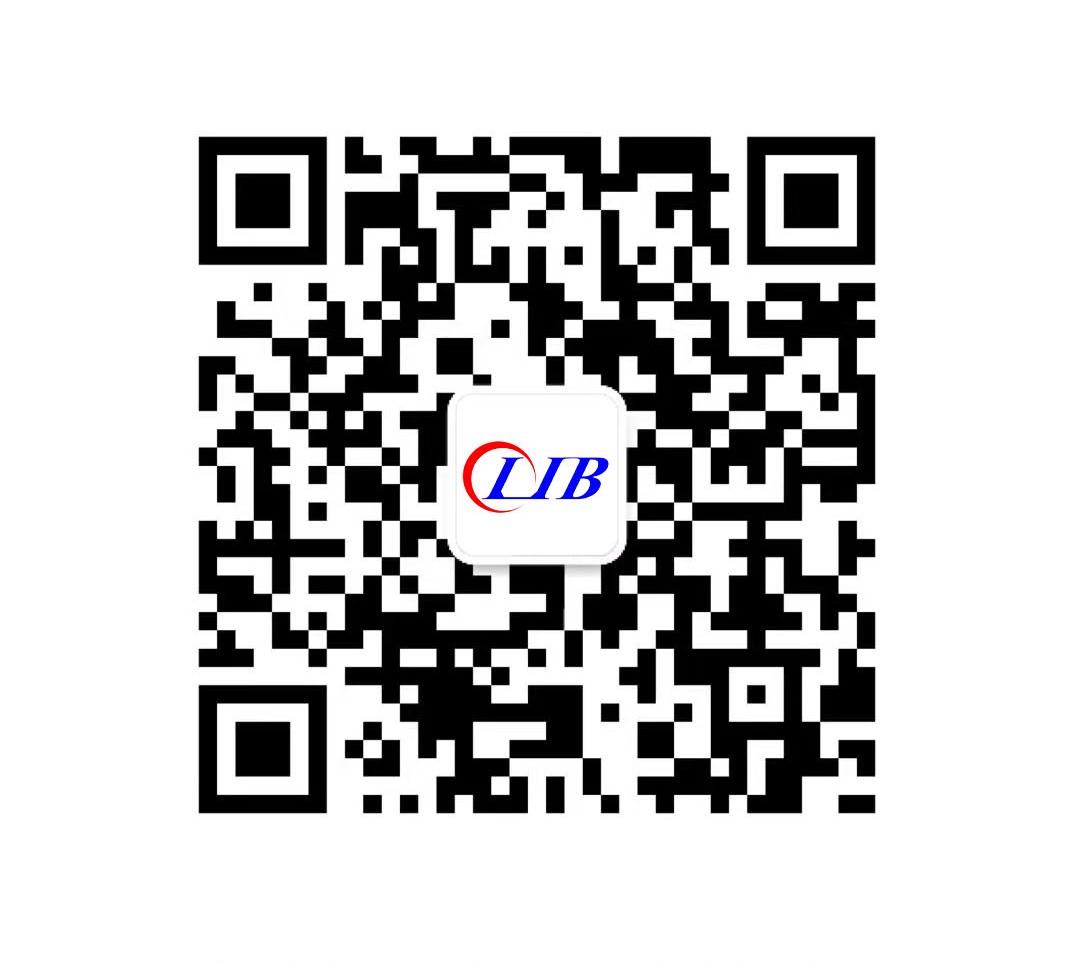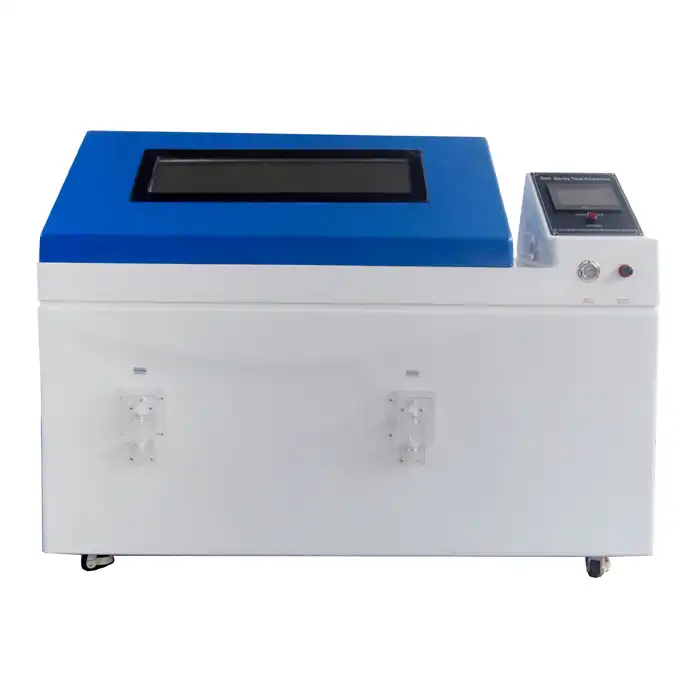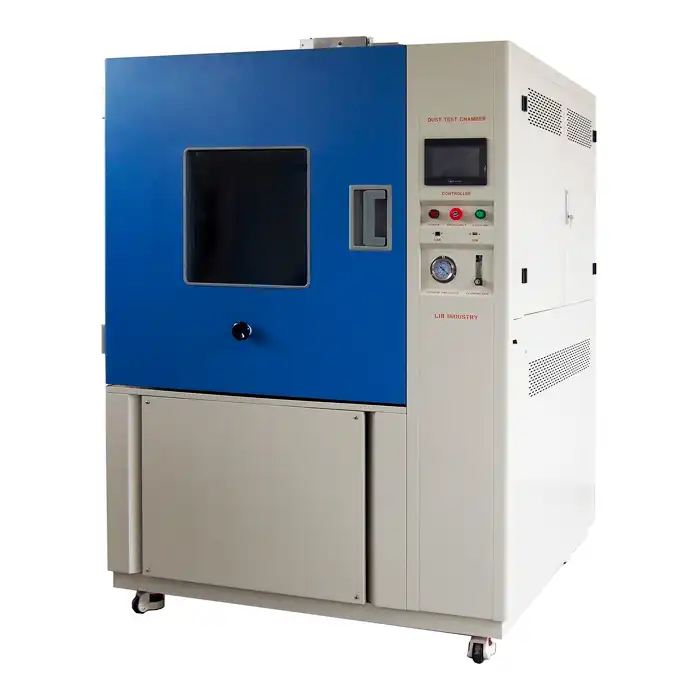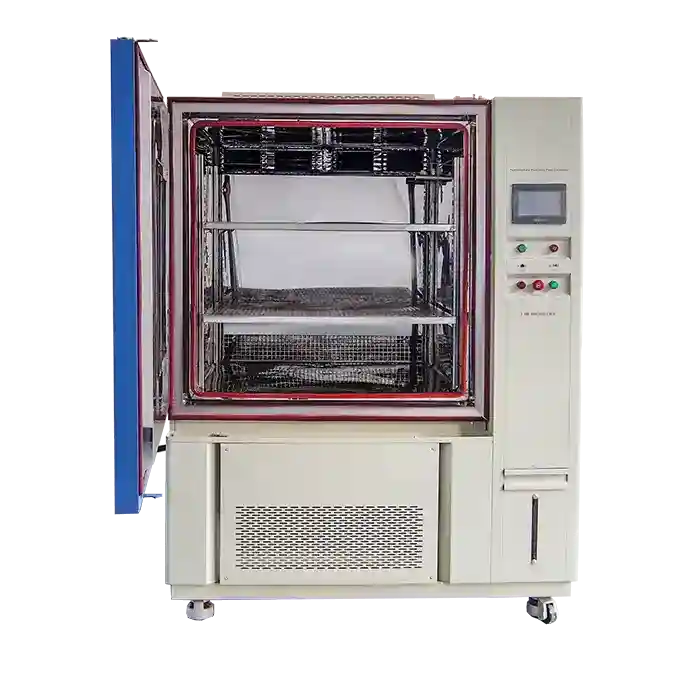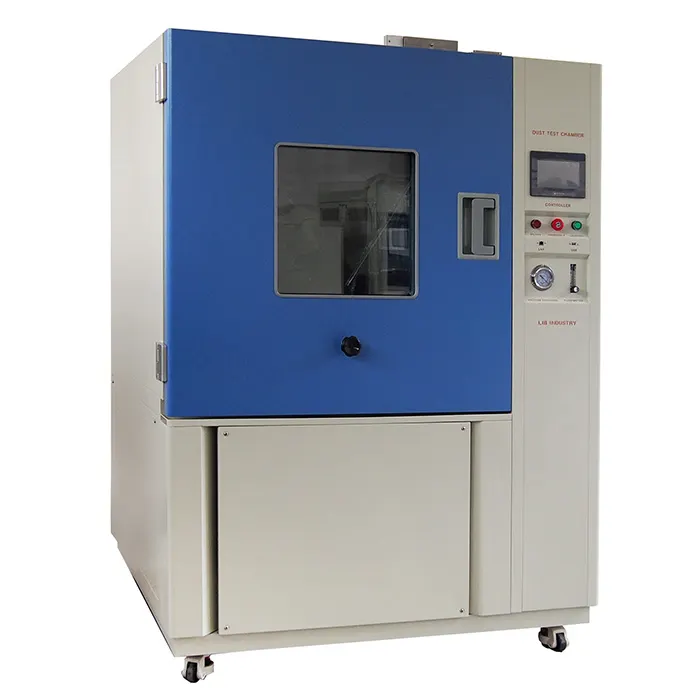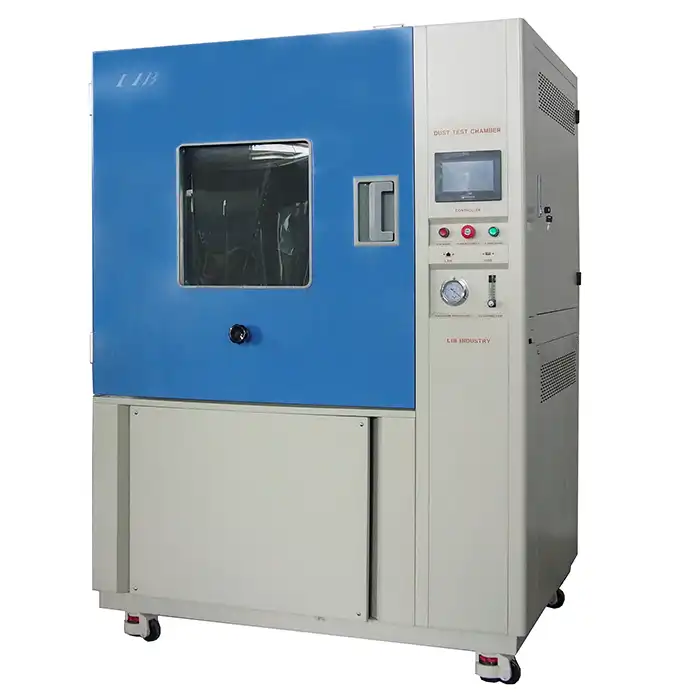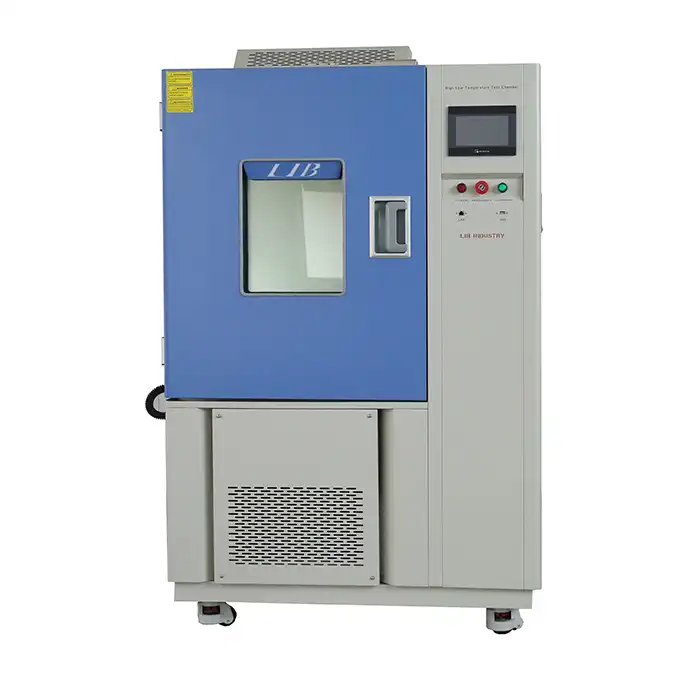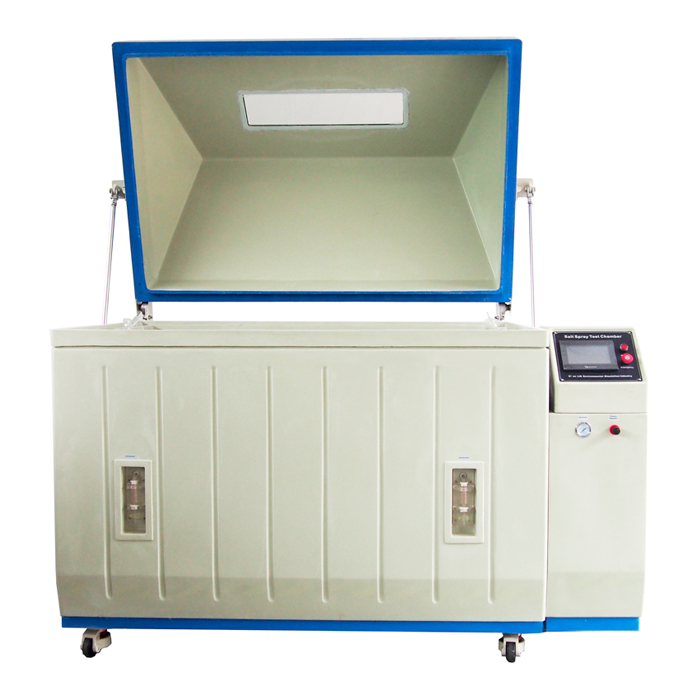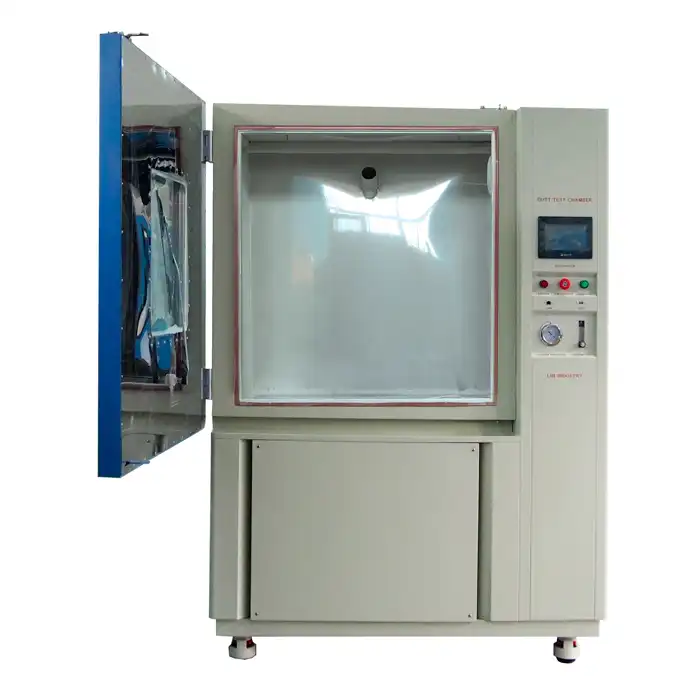The Science Behind IP69K: Pressure, Temperature, and Angle Considerations
IP69K rating designed to test the resilience of devices against high-pressure water jets, extreme temperatures, and specific spray angles. For manufacturers, engineers, and testers, understanding the science behind the IP69K test chamber is critical to ensuring products meet this rigorous standard.

Deconstructing the IP69K Standard: Beyond Ingress Protection
The IP69K standard is part of the broader Ingress Protection (IP) rating system, which classifies the degree of protection offered by enclosures against dust and water, IP69K stands out as one of the most rigorous.
The "9K" in IP69K refers to protection against water jets at extremely high pressure and temperature, making it ideal for environments where sanitation and durability are critical.
High-Pressure Dynamics: Understanding the Force Behind IP69K Water Jets
One of the defining features of the IP69K standard is its use of high-pressure water jets. During testing, water is sprayed at pressures of up to 100 bar (1450 psi), which is significantly higher than most other IP tests. This intense pressure is necessary to simulate real-world scenarios where equipment might be exposed to powerful cleaning processes or extreme weather conditions.

In an IP69K test chamber, water is delivered through a nozzle at a rate of 14 to 16 liters per minute. The jet is directed at the equipment from a distance of 10 to 15 centimeters, exerting substantial force. The ability of a product to endure this pressure without allowing water ingress is a key measure of its durability.
For manufacturers, understanding these high-pressure dynamics is crucial. Products that fail to meet the IP69K standard may be susceptible to water damage, corrosion, or internal component failure. Testing in a controlled environment, like LIB Industry's chambers, helps identify potential vulnerabilities before products are launched.
Thermal Shock and Material Integrity: The Role of Temperature in IP69K Testing
Temperature is another critical factor in IP69K testing. The water jets used in the test are not just high-pressure - they are also heated to temperatures as high as 80°C (176°F). This simulates the thermal shocks that equipment may experience in industries such as automotive or food processing, where rapid temperature changes are common.
When testing products in an IP69K test chamber, the combination of high pressure and extreme temperature can reveal weaknesses in materials that might not be apparent under normal conditions. For instance, seals, gaskets, and enclosures may expand or contract when exposed to heat, potentially creating pathways for water ingress. Additionally, certain materials may degrade or lose their structural integrity when subjected to thermal stress.
By subjecting products to these temperature extremes, manufacturers can ensure that their equipment will hold up in the field, even when exposed to the most challenging environments. Testing for thermal durability is especially critical for products used in outdoor settings or industries where sanitation requires frequent high-temperature wash downs.
Angle of Attack: Optimizing Spray Coverage for Comprehensive IP69K Evaluation
In IP69K testing, the angle at which water is sprayed is just as important as pressure and temperature. The test requires water jets to be directed at the product from four different angles - 0°, 30°, 60°, and 90° - to ensure that every possible surface is exposed to the high-pressure spray. The equipment is also mounted on a rotating platform, allowing for 360-degree coverage.
This multi-angle approach simulates real-world conditions where water can hit a product from various directions, such as in heavy rain, cleaning processes, or splashes in industrial environments. Testing from multiple angles ensures that no part of the product is left untested, and any potential weak points are identified.
For manufacturers, optimizing spray coverage is essential for a thorough IP69K test chamber evaluation. LIB Industry's chambers are designed to precisely control spray angles and rotation speed, ensuring consistent and accurate results every time.
Combined Effects: How Pressure, Temperature, and Angle Interact in IP69K Testing
The real challenge of IP69K testing lies in the combined effects of pressure, temperature, and angle. Each factor on its own presents a significant test of a product's durability, but when combined, they create an extreme environment that few products can withstand without proper design and engineering.
High-pressure water jets can erode materials over time, while high temperatures can weaken seals and joints. The varying spray angles ensure that every surface, seam, and connection is exposed to these forces from multiple directions. Products that pass the IP69K test have proven their ability to resist not just one type of stress but a combination of them, making them highly durable and reliable in real-world applications.
For more information on how LIB Industry IP69K test chamber can help you meet IP69K testing requirements, contact us at ellen@lib-industry.com. Our team of experts is ready to assist you in achieving the highest level of product reliability.
References
1. "Ingress Protection Standards and Their Applications in Industrial Equipment Testing," Journal of Materials Science and Engineering, 2022.
2. "The Role of High-Pressure Water Jets in Environmental Testing," International Journal of Manufacturing Science, 2023.
3. "Thermal Shock Resistance in Modern Materials: Implications for IP69K Testing," Advances in Engineering Materials, 2021.
4. "Multi-Angle Testing for Environmental Stress Simulation," Journal of Product Reliability Engineering, 2023.
